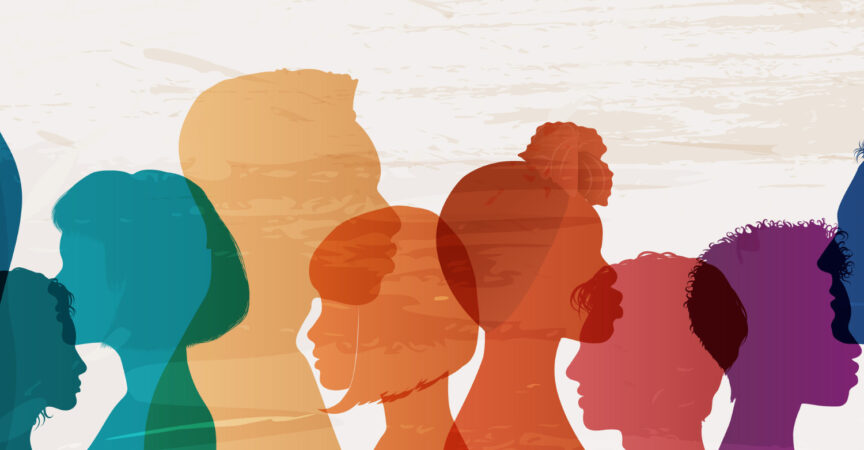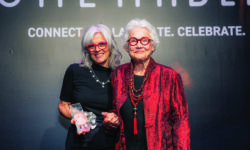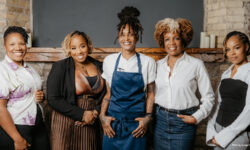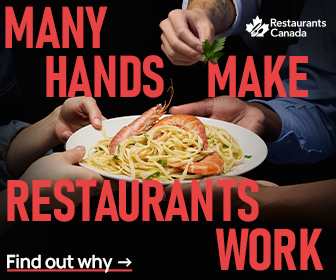It’s Time to Talk About Mental Health and Racism.
By: Chef Megan Roberts
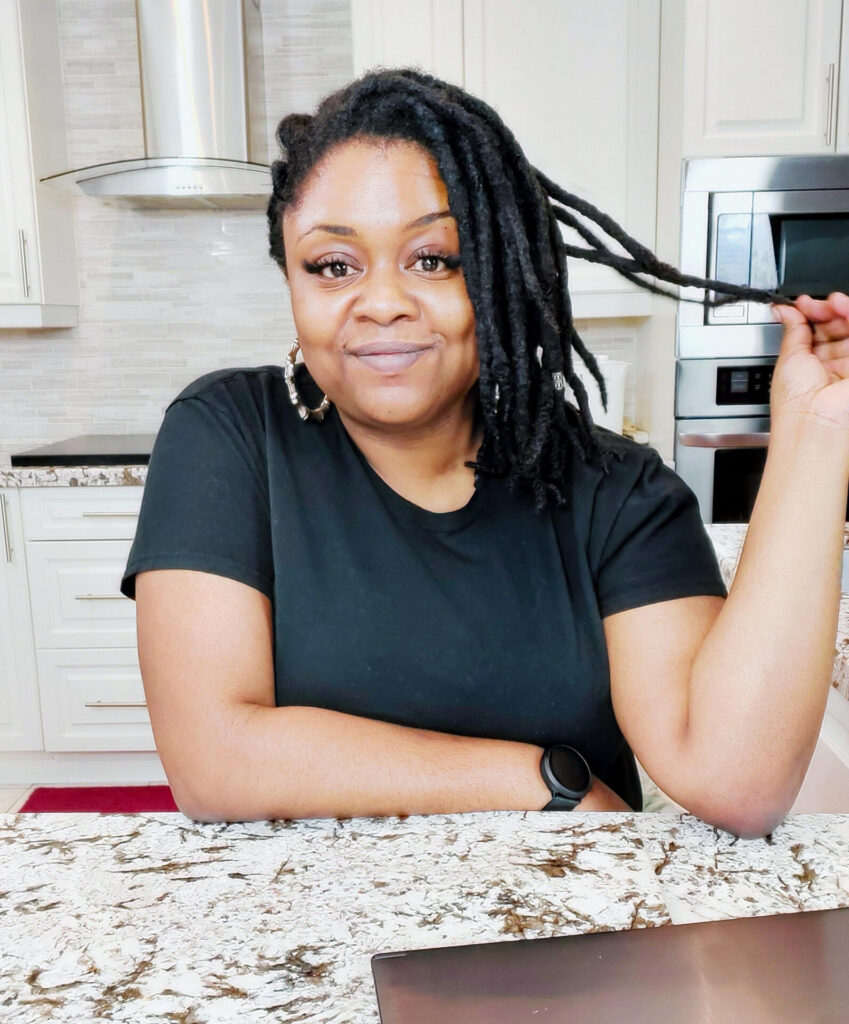
The cumulative stress that stems from systemic, overt, and covert acts of racism and microaggressions—living with the reality that race plays a role in the daily cadence of your life—can lead to racial trauma.
Knowing (or wondering) whether race played a role in being passed over for a promotion, or in where you are seated in a restaurant are day-to-day, mentally invasive and intrusive thoughts that can lead to vulnerability, stress and oppressive emotions including anxiety, fear and anger. Left untreated and/or unvalidated, the effects of racial trauma can affect focus, job performance and the ability to form strong social bonds in the workplace.
Chef Megan Roberts shares her personal reflection on the intersection between race and mental health and her lived experiences in the foodservice and hospitality industry.
“If you can’t take the heat, stay outta the kitchen.” Hearing that phrase when I was younger always made me think about making conscious decisions. It told me that if you are aware of the conditions you’re choosing to enter, don’t complain when the inevitable occurs.
At the time, it seemed like a necessary mantra to live by but now, as a Black woman who is a chef, it only adds to my fatigue. When the inevitable happens, there are many feelings and thoughts that go unspoken to avoid confrontation—which also adds to the weariness.
I entered this industry at the age of 18 as an energetic young woman excited to be a hostess. I was the only Black girl who applied for the position, so it was very interesting to learn that despite being hired for front of house, I was quickly shifted to the position of “expo”.
I quickly realized that everyone in the back of the house was a visible minority. It seemed that those who are more inclined to hardships were the ones taking the most heat, literally and figuratively.
The sixth grade was my introduction to the history of slavery, forever shifting what I knew to be reality. Because of what I learned, I started to become more aware of the things people said, how they acted and reacted to me. It goes unsaid, but these experiences are often internalized and we are forced to “deal” with it. When you’re raised in a Black family, there is a stigma around speaking openly about mental health. I was taught that maintaining a plastic smile, a façade, was the preferred method of dealing with things and this expectation transferred into my kitchen life.
I noticed the microaggressions and comments but almost instinctively brushed them off because that was how I was taught to handle volatile situations. It was almost as if I was told, “This is what comes with the hand that you were dealt in this game we call life, so you need to deal with it.” If you can’t take the heat… so to speak.
“‘Without experimentation, a willingness to ask questions and try new things, we shall surely become static, repetitive, and moribund.” – Anthony Bourdain
The kitchen showed me that if I ever chose to speak about the stresses of work or express feeling overwhelmed, it wasn’t important. It was almost always minimized and I would be told to “push through” or that “it’s part of the job”.
It’s high time for those in this industry to acknowledge that although we are in a service-oriented profession, we cannot give from an empty vessel. Open and honest discussions about the mental distress experienced by many, particularly people of colour, are overdue. The centuries of unacknowledged and undiagnosed trauma carried within our DNA are manifesting in increasingly visible ways.
Burnout rates are escalating, substance abuse as a coping mechanism is prevalent, ADHD diagnoses among adults are increasing, and yet employers complain about the difficulty of finding workers.
People are exhausted.
Employers must actively educate themselves on creating safe and supportive work environments. The concept of individuality has little place in a kitchen, where honesty, vulnerability, and teamwork are vital. But why shouldn’t this spirit of partnership extend to all aspects of the industry? Employees should be able to take a mental health day without guilt and employers must remember that everyone has off days, for we are all human.
The era of being shouted at in the kitchen and being pushed beyond our mental and physical limits must end. More people are recognizing their worth and setting their boundaries. Anthony Bourdain once said, “‘Without experimentation, a willingness to ask questions and try new things, we shall surely become static, repetitive, and moribund.”
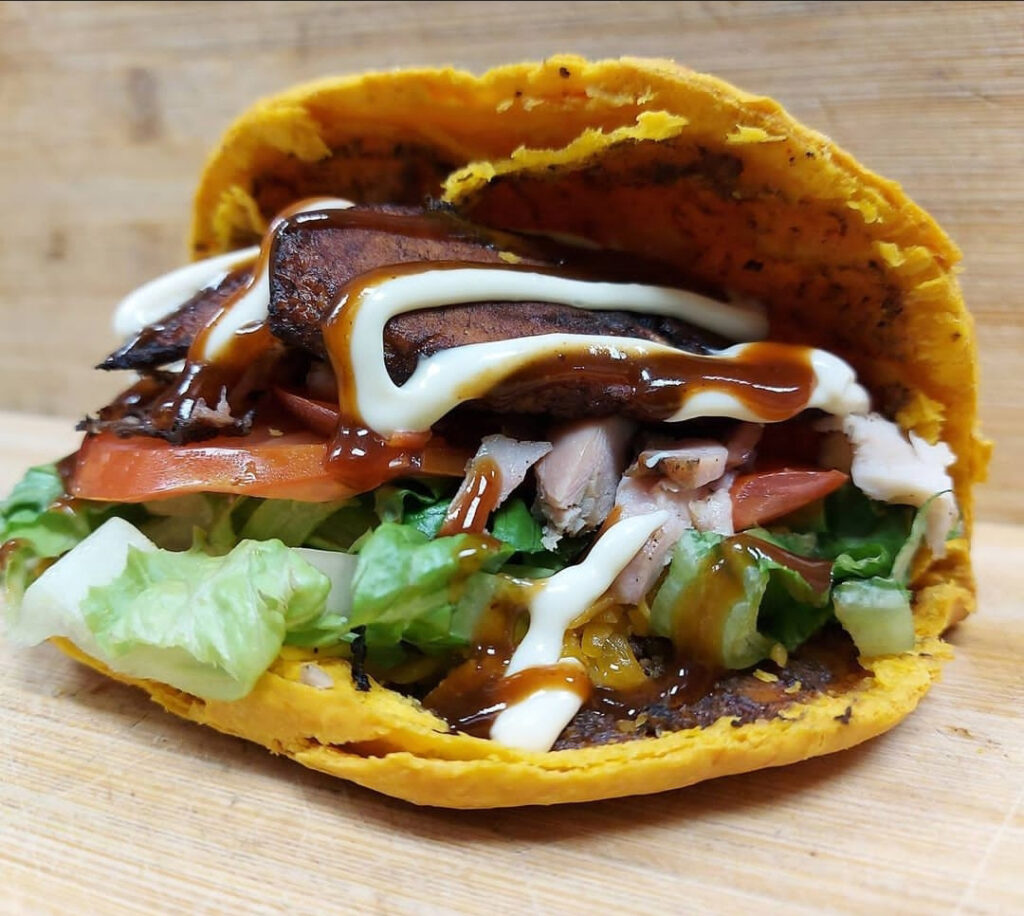
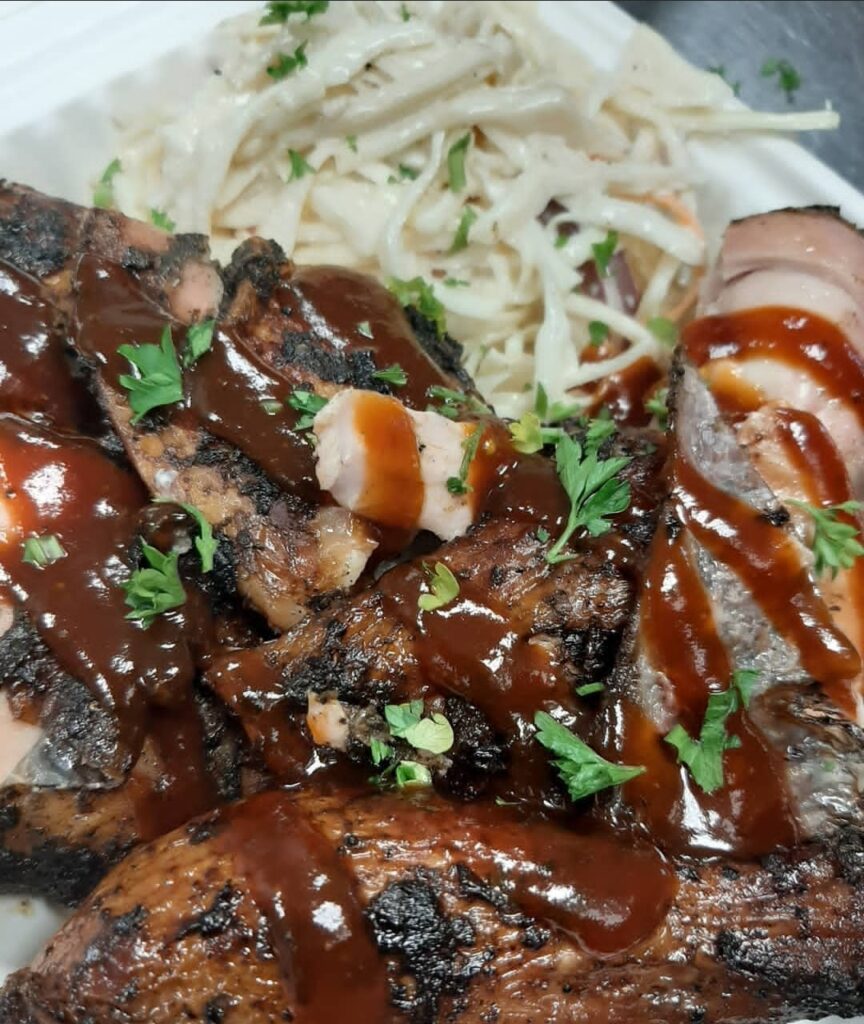
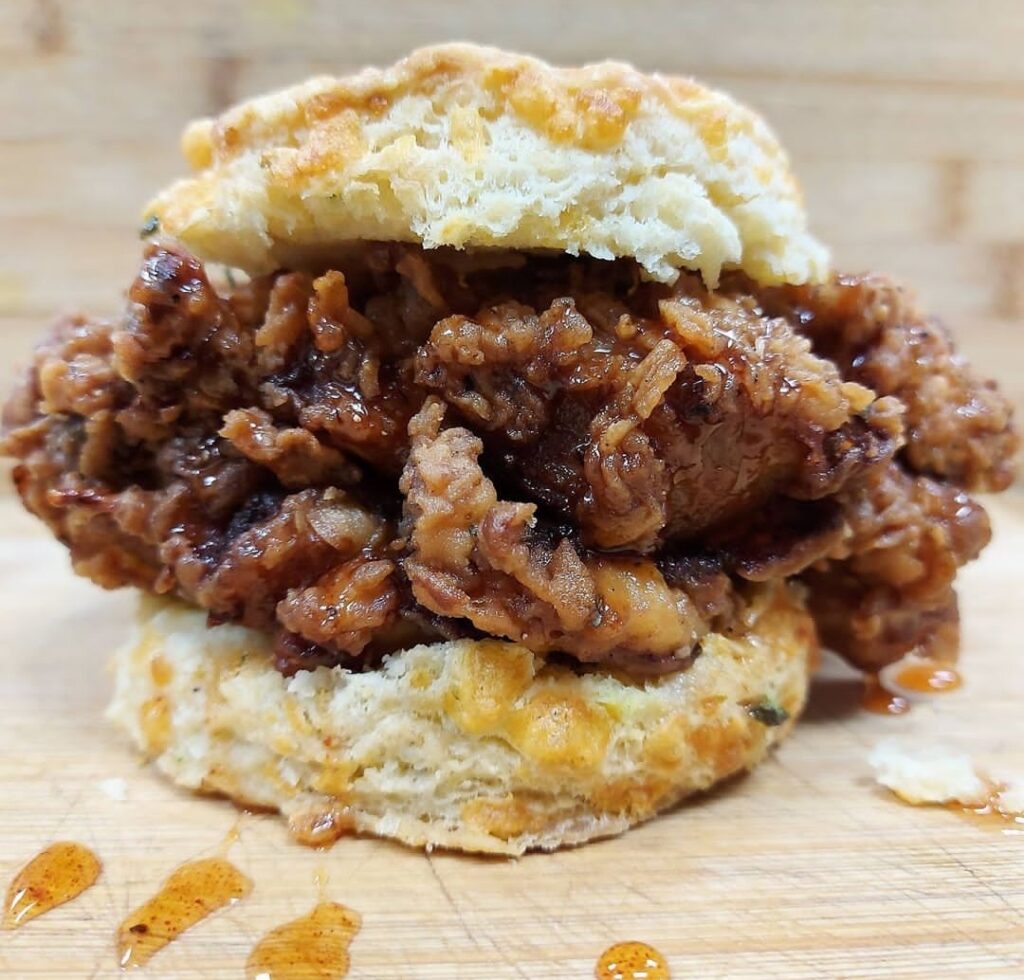
Megan Roberts is a professional Chef who worked her way up from dishwasher to kitchen manager before pursuing formal culinary education at Centennial College. A committed advocate for mental health and racial equality, Megan launched Megan Mondays with the goal of spotlighting the mental health challenges often faced in high-pressure culinary environments.
Follow Chef Megan: @chef.megz



